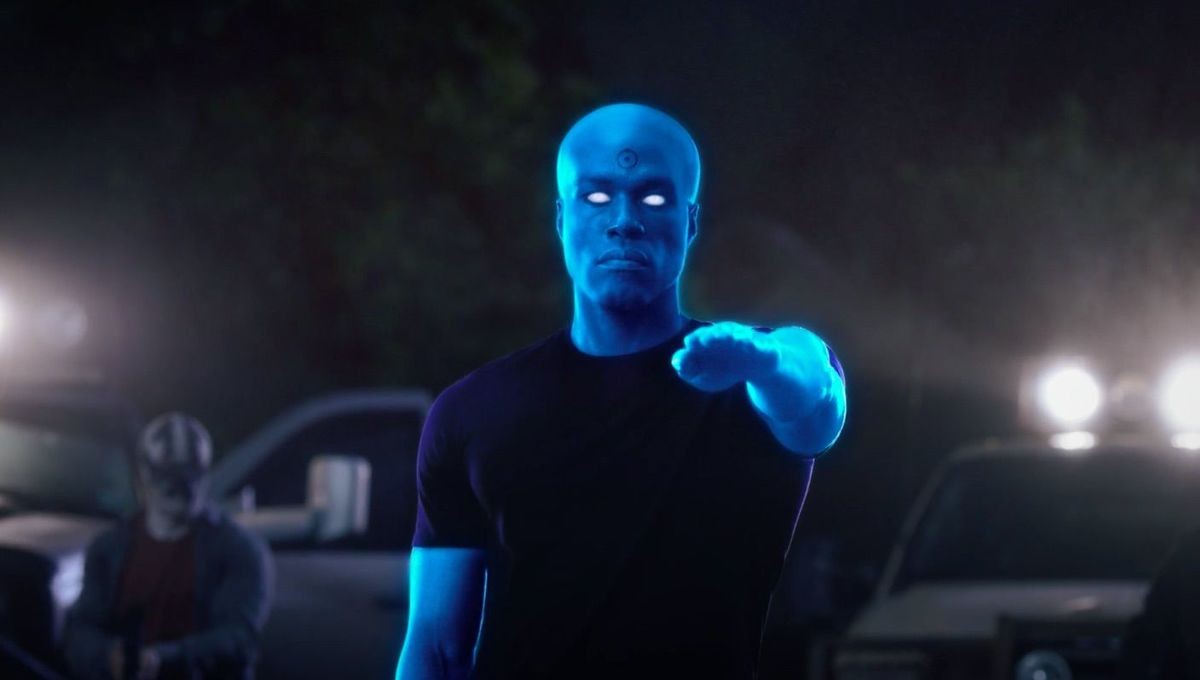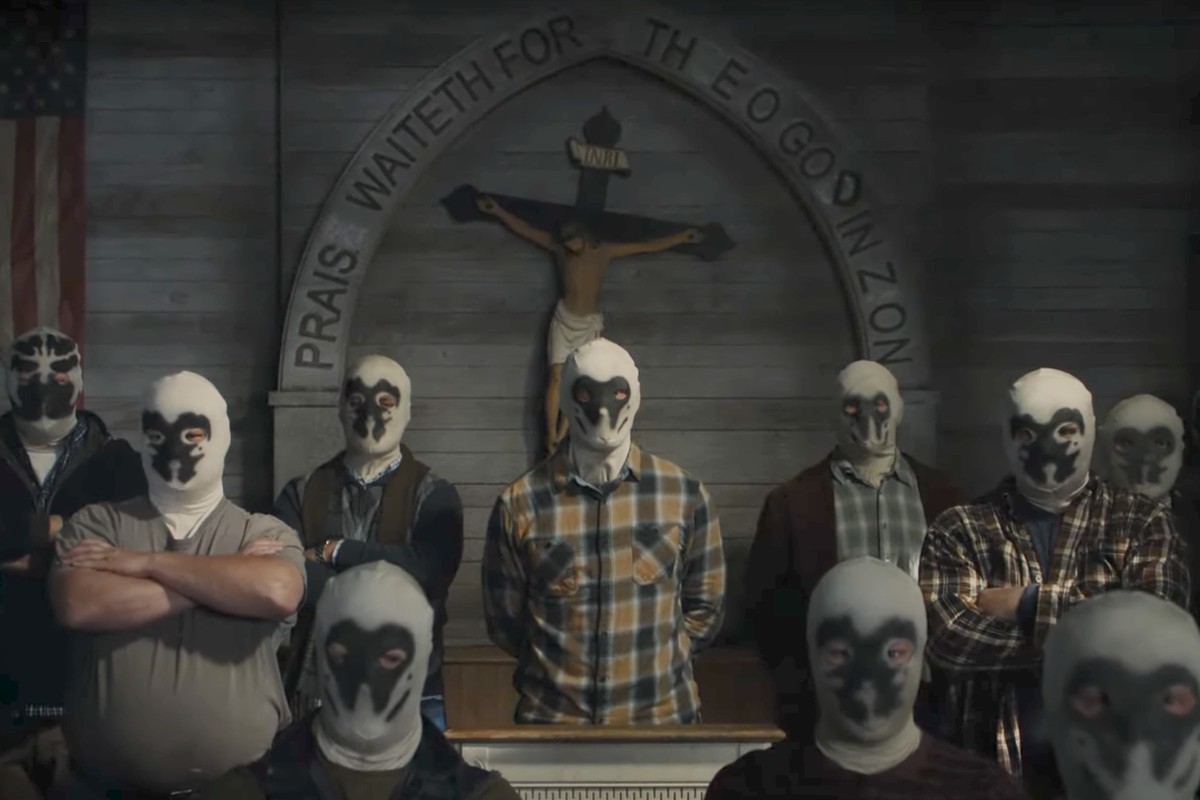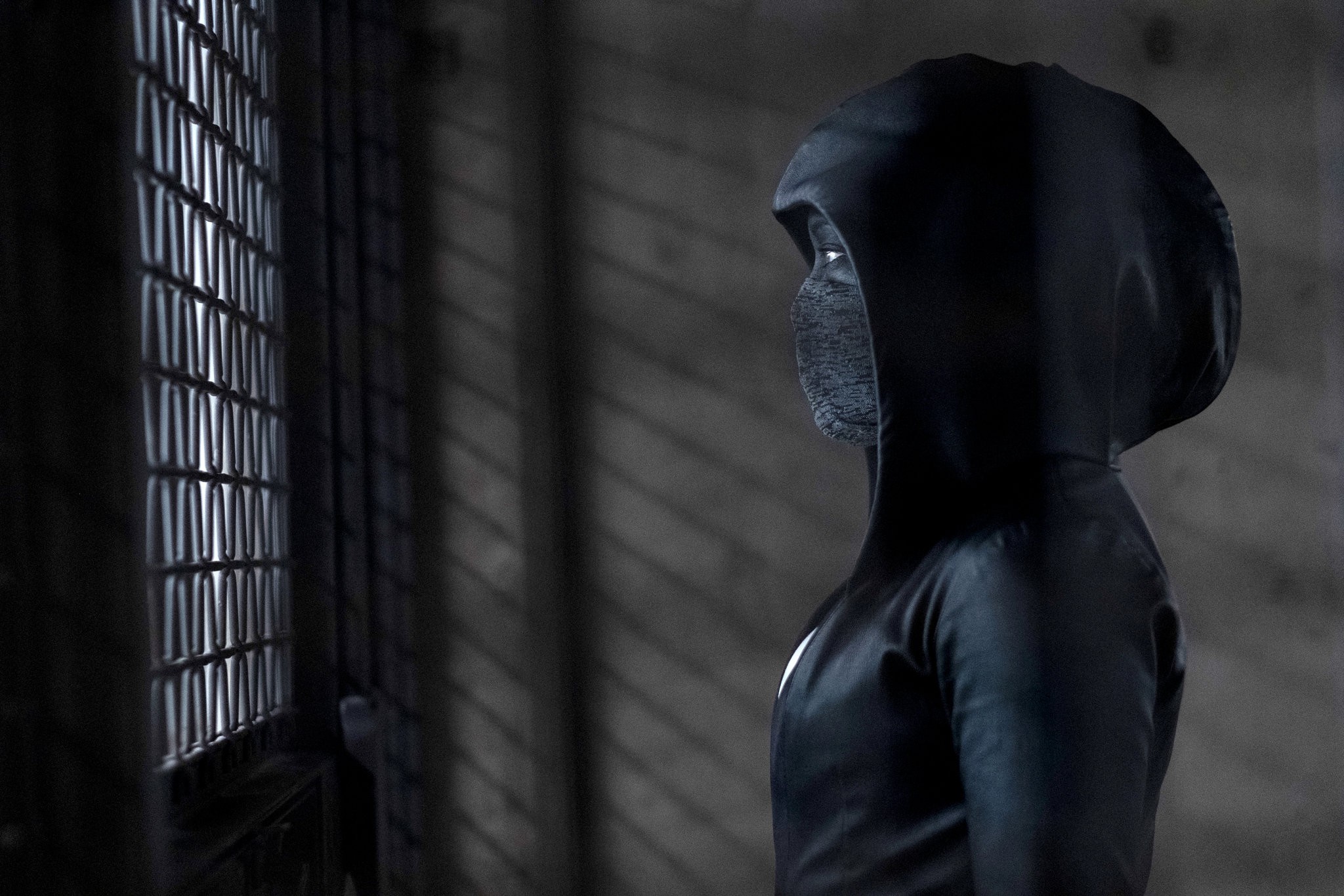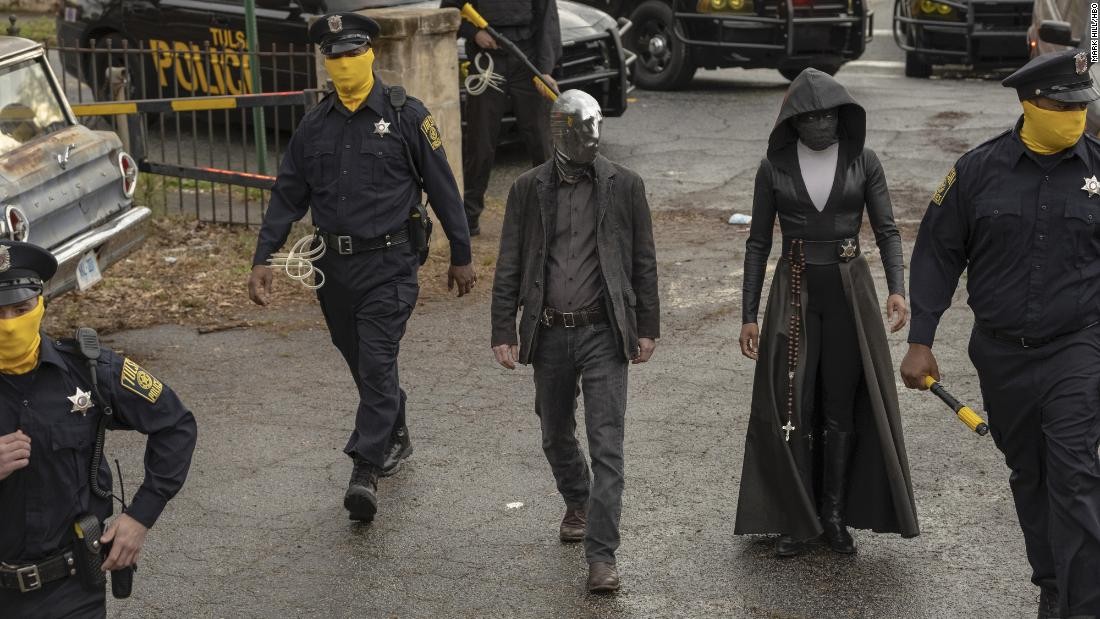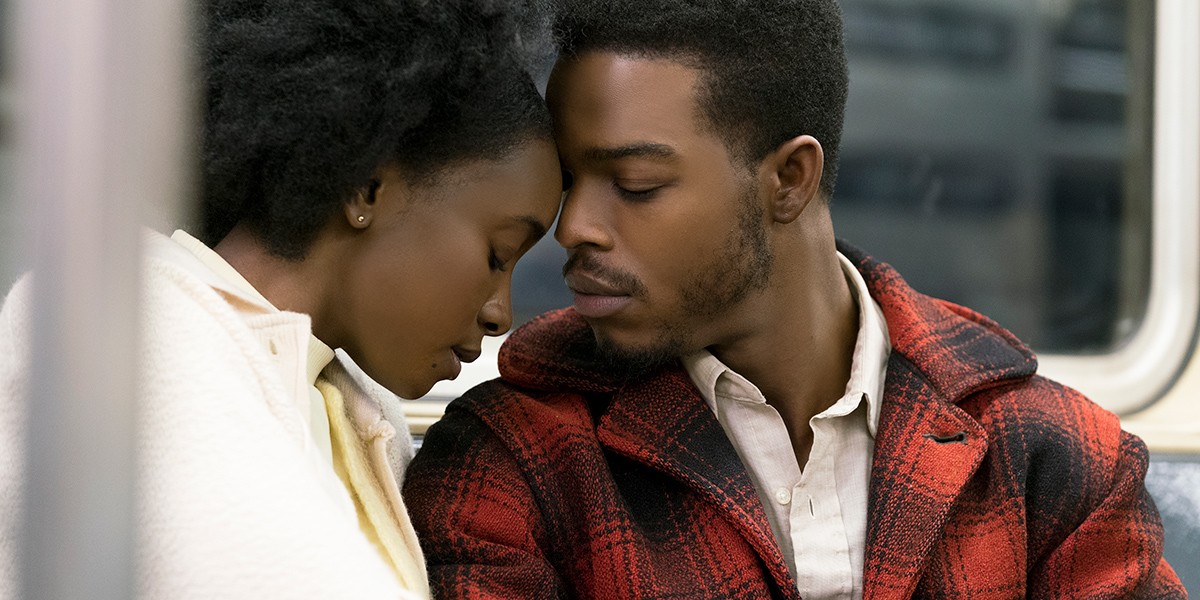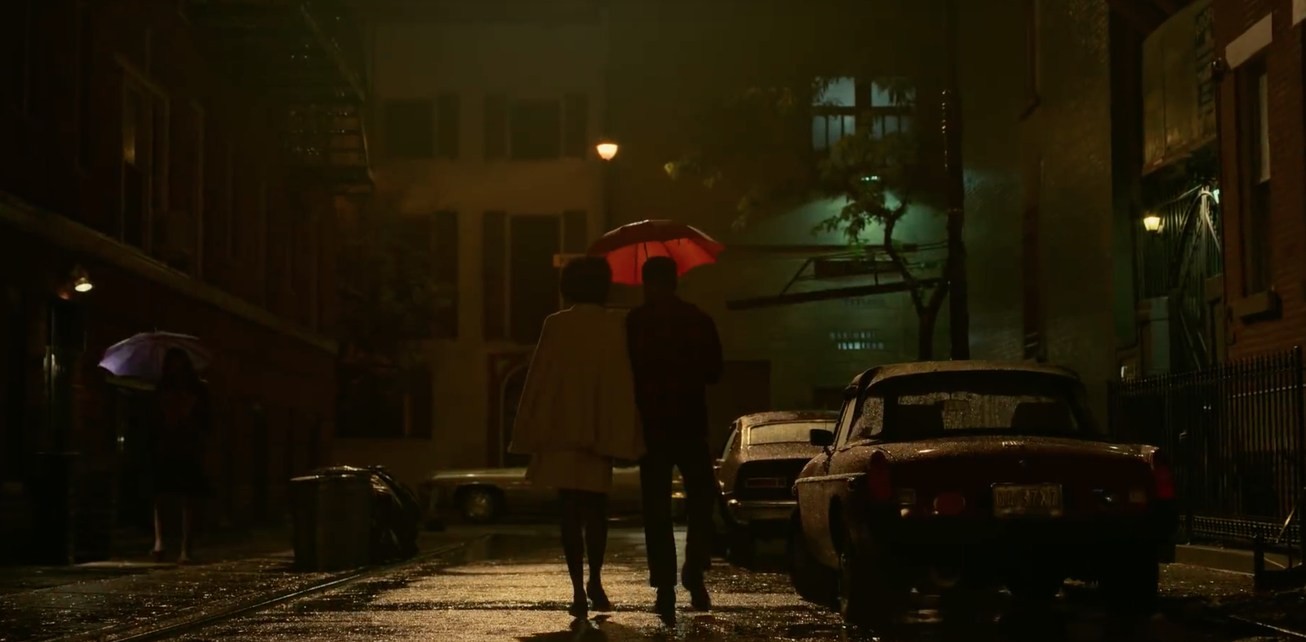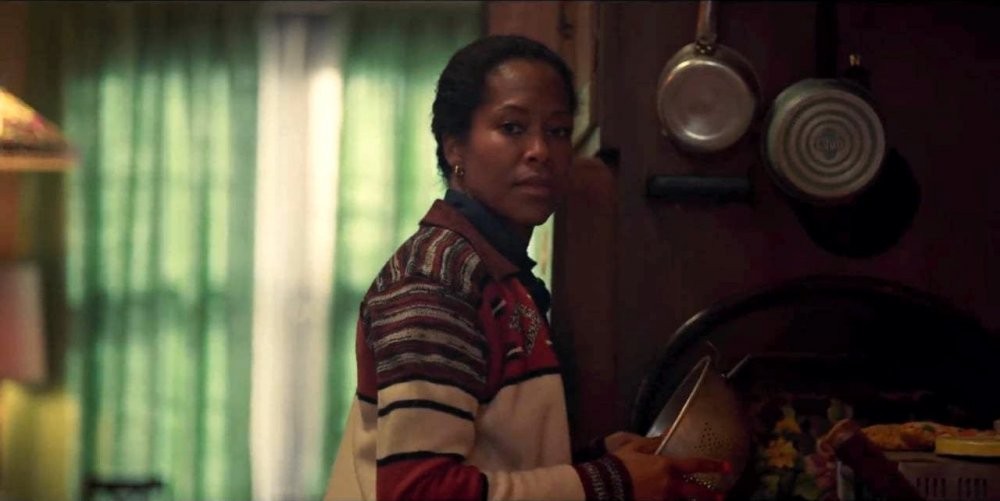One of my all-time favorite plays is Copenhagen by Michael Frayn. The 1998 Tony Award winner tries to untangle the mysteries of a night in 1941 when German physicist Werner Heisenberg visited his mentor Niels Bohr at his home in the Danish capital. Bohr and Heisenberg had worked together to deduce the rules of quantum physics (known as the “Copenhagen model”), but now Heisenberg had a new boss, Adolf Hitler, who wanted an atomic bomb.
After a dinner prepared by Bohr’s wife, Margarethe, Bohr and Heisenberg went for a walk in the garden. But instead of wandering for hours, as they often did while working on difficult problems, they quickly returned to the house. Heisenberg thanked Margarethe and showed himself out.

Sam Cooke, Cassius Clay, Malcolm X, and Jim Brown walk into a hotel — (l-r) Leslie Odom Jr., Eli Goree, Kingsley Ben-Adir, and Aldis Hodge star in Regina King’s One Night in Miami.
Soon after, the Bohrs fled Nazi-occupied Denmark in the middle of the night. They made their way to America, where Niels Bohr worked on the Manhattan Project. Meanwhile, Heisenberg became the head of the Nazi bomb project, which never even came close to producing a working weapon. Neither man ever revealed what they talked about that night. Did Heisenberg try to recruit Bohr for the Nazi bomb project? Was he there to ask his old mentor to check his math? Or did he carry a warning to Bohr? The three people present went to their graves keeping the secret. Frayn’s play explores the possibilities, with the ghosts of the three people present reliving all the different interpretations of the events.
Kemp Powers’ 2013 play, One Night in Miami, tries something similar. On February 25, 1964, Cassius Clay beat Sonny Liston to claim the heavyweight boxing title. In the crowd that night were Malcolm X, Sam Cooke, and Jim Brown. After the fight, instead of hitting the legendary Miami party circuit, the soon-to-be Muhammad Ali retreated to Malcolm X’s hotel room, where they were later joined by Cooke and Brown. It was an unprecedented gathering of Black talent, and the weightiness of the evening was not apparent at the time. No one knows what they really talked about, but Powers’ script imagines an evening that is equal parts celebratory and foreboding.

Actress Regina King chose to adapt One Night in Miami for her directorial debut after winning the Academy Award for Best Supporting Actress for 2018’s If Beale Street Could Talk. King’s first task was casting four of the most recognizable people in 20th-century history. It’s hard to say who had the hardest job. Kingsley Ben-Adir, who recently played Barack Obama in The Comey Rule, portrays Malcolm X — which means he’s in the shadow of Denzel Washington’s astounding performance in Spike Lee’s biopic. Ballers‘ Eli Goree is Ali, a role that even the likes of Will Smith couldn’t pull off convincingly. Aldis Hodge, MC Ren from Straight Outta Compton, plays Jim Brown, a man considered by some to be the greatest player in NFL history and who went on to a 50-year career in film and television. As Sam Cooke, Leslie Odom Jr. at least has the advantage of a great singing voice, since he originated the role of Aaron Burr in Hamilton on Broadway.
Crafting these performances to perfection is clearly where King’s head is at — and rightly so. All four of her leads turn out to be stellar. Goree’s Ali is, improbably, the best of the bunch. He can both deliver the legendary bombast and reveal a thoughtful vulnerability in private. Ben-Adir’s Malcolm X is on the receiving end of most of that vulnerability. In Powers’ script, Malcolm X is the most morally ambivalent character, who intends to use the publicity surrounding his friend’s historic championship to launch his schism with the Nation of Islam. But it is Malcolm who convinces Sam Cooke to stop devoting his talent to sappy love songs and push socially conscious works like “A Change is Gonna Come.”

One Night in Miami lacks Copenhagen‘s experimental streak, but it functions beautifully as a four-handed character sketch of some of the most important Black men of the 20th century. (It’s undoubtedly more entertaining — when I saw Copenhagen performed live, half the audience left during intermission.) King’s cameras pace restlessly around the room, finding framing that keeps all four actors in view, as they would appear onstage. This is a film that carefully doles out close-ups, and more directors should heed King’s example. The film loses momentum when the group breaks up, and each character gets a little exposition designed to educate the audience on their historical importance. But when the four legends are together in the same room, One Night in Miami crackles with the fire of life.
One Night in Miami
Now playing Multiple locations

